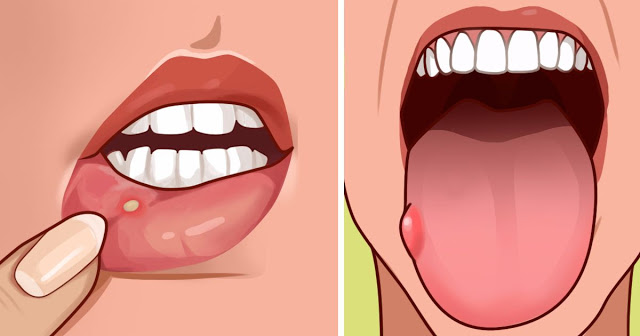What is folic acid ? It is a type of vitamin B that helps our bodies form and repair DNA and produce red blood cells. Folic acid is soluble in water, so it cannot be stored in our bodies in the long term. We are simply expelling the excess amounts in our urine. This means that to avoid being deficient in just weeks, we need to constantly replenish our folate stocks.
The main reason for a lack of folic acid is a deficiency of certain foods in our diets. Folate deficiency can also be caused by some digestive system diseases such as celiac disease, Crohn’s disease, or certain genetic conditions, and it can be caused by excessive alcohol or certain medications. Symptoms of folate deficiency can be divided into two categories: general symptoms of folate deficiency, and symptoms related to anemia due to folic acid deficiency. Below we have listed the main symptoms that you should be aware of.
- Mouth sores or swollen tongue:
This symptom may occur before the onset of anemia. In this case, the tongue may appear “fleshy in color. Mouth lesions can occur before and during the period of anemia.
- Ringing in your ears:
Another common sign of a folate deficiency is unusual hearing sensations.
- Decreased sense of taste or decreased appetite:
In addition to mouth sores, you may have difficulty tasting your food.
- Fatigue, persistent weakness, and paleness of the skin:
To carry oxygen throughout our bodies and into muscle tissue, our bodies need red blood cells. Basically, the formation of red blood cells is under the responsibility of folic acid. Thus, a lack of folate means that we do not have enough red blood cells to maintain our normal physical activity. This is referred to as folic acid deficiency anemia.
- Body pain:
When anemia is severe, it can lead to chest pain, leg pain and headache.
- The problem of concentration:
You may also feel dizzy or become more forgetful.
- Shortness of breath or dizziness:
These symptoms, along with fainting, are common, and you may also have an increased awareness of your heartbeat with some noticeable palpitations.
The good news is that folate deficiency can be treated as quickly as possible, and the easiest way to control it is through your diet. Eat plenty of dark green vegetables like broccoli, Brussels sprouts, and asparagus, in addition to citrus fruits and fortified breakfast cereals. You may have heard that folic acid is essential for pregnant women, as it aids in the healthy spinal cord development when the fetus is very young. If you are pregnant or planning to become pregnant, you should consider taking a folic acid supplement.
Consult your doctor first before starting a folic acid supplement.



